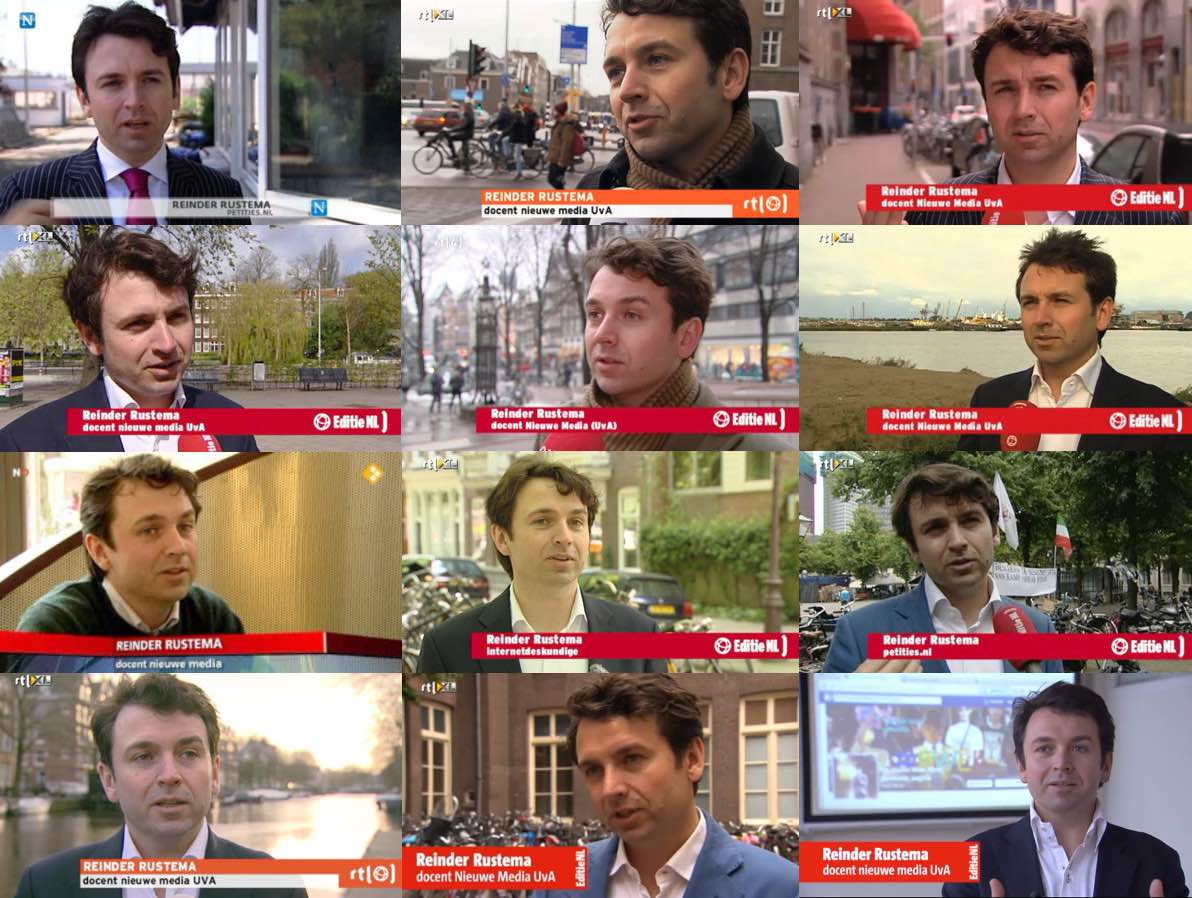Today EU commisioner Frans Timmermans at the ECI Day 2017 promised to change the regulation about the European Citizen’s Initiative. It is currently horribly restrictive. Also it is difficult and problematic to store personal data about a million EU citizens. Why should we store so much information? In order to verify? And what about those that do not have internet?
The solution I think is to only collect ‘identifiers’, not full records about citizens. These can also be pseudonyms. Not a single platform is needed, it can also be several in parallel: A Facebook-group, a hashtag on Twitter, a traditional PO Box for postcards, a website with a form. etc. The organiser of the initiative chooses which platforms it will use.
Once the one million threshold is reached, the verification by the European Commission starts. By verifying the identity and consent from a sample of that million you can statistically determine reliably that indeed one million support the initiative.
The verification takes place in two steps. First the citizen is approached through the channel they have expressed their consent through. Please answer two questions: 1. who are you? 2. did you indeed express support to this initiative? The answer to these questions can then be ‘recorded’ in a reliable way: an audio recording of a phone call or a returned letter on paper with a traditional signature.
In practise. Establishing contact can be outsourced to pollsters. They collect phone numbers and addresses, a sample of a few thousand per member state or whatever the statisticians suggest. Local civil servants then call their own citizens to verify. Perhaps they send letters if the phone call fails. Or in small communities they just visit the citizen to sign the letter. Whatever it takes. After all, per civil servant it will only be a handful of citizens that need to be reached.
The added benefit of having civil servants all over Europe calling and visiting citizens on behalf of the EU is also of great symbolic power. They might take some notes of what they hear and compile them into a report.
